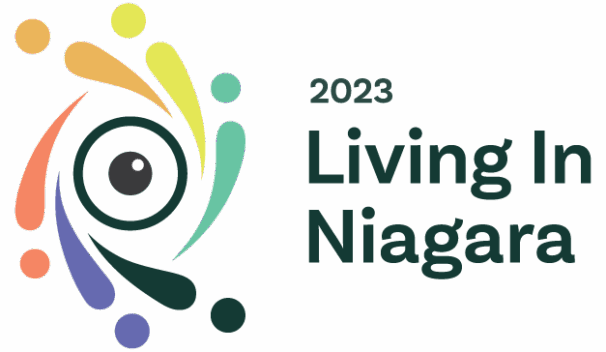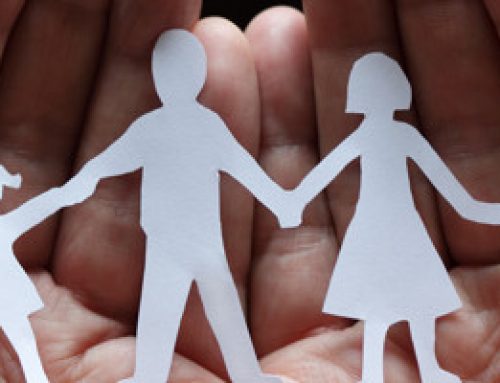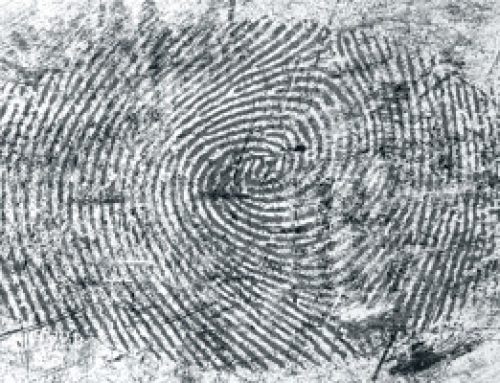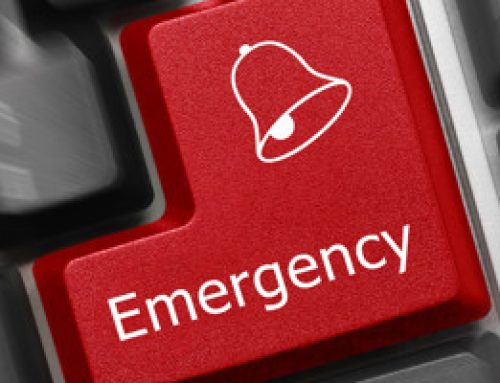Calls to Police for Domestic Violence
The Niagara Regional Police Service 2015 and 2016 Annual Reports provide information on reported domestic related incidents in 2015.
| Domestic Related Incidents in 2015 – 2016 | ||
| 2015 | 2016 | |
| Domestic related reports | 8,456 | 10,918 |
| Domestic related reports – Non-CCJS (Canadian Centre for Justice Statistics) | 7,101 | 9,522 |
| Domestic related reports – Criminal Investigations | 1,355 | 1,369 |
| Domestic related criminal investigations – charges | 756 | 666 |
| Domestic related criminal investigations – no charges | 599 | 703 |
Source: Niagara Regional Police Service. 2015 Annual Report and 2016 Annual Report.
Retrieved from: https://www.niagarapolice.ca/en/whoweare/resources/2015-Annual-Report.pdf
Child Abuse
The Kristen French Child Advocacy Centre Niagara (Kristen French CACN) is, “a safe place to help, heal, and end child abuse”. Since opening in the fall of 2008, over 2,800 interviews of children/youth and their caring family members have been hosted in this safe place to disclose abuse. 94% of the time, children interviewed at the Centre know their alleged abuser. In 2013 alone, Niagara Regional Police Service (NRPS) investigated close to 400 cases of child abuse related reports in Niagara. NRPS reports that at least one case of sexual or physical assault on children or youth is investigated each day in our region.
Kristen French CACN compiled statistics about the children and youth they have interviewed since the opening of the Centre in 2008 to December 2014:
- 61% female, 39% male
- 20% are ages 0-5, 26% are 6-10, 36% are 11-15, 3% are 16-18, 1% are over 18, 14% are adult witnesses
- 60% sexual abuse, 34% physical abuse, 3% witness to violence, 1% neglect, 2% other
- 34% allegedly perpetrated by the child’s parent, 10% by a step-parent, 3% by a parent’s boyfriend/girlfriend, 15% by some other relative, 10% by some other known person, 6% by a person unknown to the child
Source: Kristen French Child Advocacy Centre. The Stark Reality in Niagara.
Retrieved from: http://www.kristenfrenchcacn.org/the-stark-reality-in-niagara/
| Kristen French Child Advocacy Centre Annual Report Statistics, 2014-2016 | |||
| 2014 | 2015 | 2016 | |
| Number of interviews conducted at Centre | 259 | 339 | 348 |
| Percentage of interviews handled jointly by FACS and NRPS | 27% | 41% | |
| Number of volunteers | Over 52 | Over 45 | Over 50 |
| Number of volunteer hours | Over 1,525 | Over 3,605 | Over 3,800 |
Source: Kristen French Child Advocacy Centre. Our Story.
Retrieved from: http://www.kristenfrenchcacn.org/our-story/
The Partnership to End Child Abuse in Niagara (PECAN) is a volunteer-run organization that has partnered with 14 local agencies that provide services for victims of child abuse, to create a one-stop online hub of easily accessible information about available programs: endchildabuseniagara.com . This site aims to make it easier for people to help if they suspect a child is a victim of child abuse.
Source: Partnership to End Child Abuse in Niagara (PECAN)
Retrieved from: http://endchildabuseniagara.com/
In 2017 Family and Children’s Services Niagara released the “Child Welfare Service Performance Indicators Report.”
This report represents a continued commitment to quality improvement and accountability.
Data from 2010 to 2015 suggest that the majority (82 – 83%) of child protection cases closed at the investigation stage do not return for service within 12 months of case closure. A minority of families return to FACS with verified child protection concerns within 12 months.
Source: Child Welfare Service Performance Indicators report, March 2017, FACS Niagara.
Retrieved From: http://www.facsniagara.on.ca/wp-content/uploads/2016/12/Niagara-PIs-Summary-FINAL-March-2017.pdf
A trend analysis of FACS service volumes between 2010 and 2017 indicate that total child protection referrals have demonstrated a graduated increase. Cases which received ongoing child protection services have remained constant during this same period of time.
The most significant volume shift from 2010 to 2017 is represented in the decline of children in the care of Family and Children’s Services.
Initiatives such as collaborations with the local Indigenous community, the Domestic Violence sector, Law Enforcement and an increased emphasis upon kinship and community based planning tables have strengthened the focus on early intervention.
| FACS Niagara Annual Report Statistics 2014-2015 to 2016-2017 | |||
| 2014-2015 | 2015-2016 | 2016-2017 | |
| Number of child protection referrals | 5,630 | 5,842 | 5,779 |
| Number of investigations | 3, 353 | 3,156 | |
| Number of families receiving services | 4,236 | 4,970 | |
| Number of children receiving child protective services | 9,626 | 8,607 | |
| Monthly average of children in foster care | 520 | 488 | 482 |
On April 1, 2018, the Ontario government will proclaim new child protection legislation. The new “Child Youth and Family Services Act” will raise the age of protection from 16 to 18 years of age effectively extending child protection services for vulnerable youth in unsafe living conditions, placing a renewed emphasis upon early intervention and support consistent with the United Nations Convention on the Rights of the Child. The new legislation further rearticulates extended supports for First Nations, Metis and Inuit peoples.
While the new legislation will come into force April, 2018, the jurisdictional provisions of the new law related to services to 16 and 17-year olds will come into force on January 1, 2018.
The “Child Youth and Family Services Act” contains multiple amendments in the areas of Protection and Prevention, Quality Improvement, Information and Privacy, Adoption Services, Detention and Custody and support for First Nations, Metis and Inuit peoples.
Source: FACS Niagara Annual Report 2016-2017
Retrieved from: http://www.facsniagara.on.ca/wp-content/uploads/2017/08/2017_FACS_Annual_Report_Billingual.pdf
Coalition to End Violence against Women (CEVAW)
The CEVAW is “a diverse collective voice of organizations from the Niagara region that is working toward ending gender-based violence against all women, and their children, by raising public awareness, educating, sharing information, networking, and identifying and breaking down systemic barriers that perpetuate violence.”
Source: Coalition to End Violence Against Women (CEVAW)
Retrieved from: http://cevaw.com/
The Ontario Woman Abuse Screening Project brings Addictions, Mental Health and Domestic Violence organizations together. The goal is to transform services for abused women with mental health and/or addiction issues through screening for woman abuse, sexual assault and trauma and providing abuse/trauma informed services in the mental health and addiction sectors.
A total of 16 organizations have collaborated to create the Niagara Woman Abuse Screening Tool, launched in June, 2014. The tool includes information about: how to support abused women suffering with addictions and/or mental wellness issues; how addictions and mental health organizations can support and safety plan for women dealing with current or historical abuse and trauma; and detailed referral lists specific to the Niagara Region.
Participating organizations include:
- Gillian’s Place
- Bethlehem Place
- YWCA Niagara
- Community Addiction Services Niagara
- Women’s Interim Support Home
- Women’s Place of South Niagara
- Family Counseling Centre
- Niagara Chapter Native Women Inc
- Niagara Health – Addiction Services
- Canadian Mental Health Association
- Centre De Santé Hamilton/Niagara
- Probation and Parole
- FACS Niagara
- Design for A New Tomorrow
- Niagara Regional Native Centre
- Niagara Region Community Mental Health Program
Source: Women’s Place of South Niagara and CASON (Community Addiction Services of Niagara)
Retrieved From: http://www.niagaraknowledgeexchange.com/partners-projects/niagara-woman-abuse-screening-project/
An Anti-Human Trafficking Protocol is being developed by the YWCA Niagara Region in partnership with the Niagara Sexual Assault Centre and Victim Services Niagara, with the support of a violence prevention grant from the Canadian Women’s Foundation. The intent of this work is to enable community members to easily and clearly identify victims of human trafficking, and be confident in their ability to offer supports and information about intervention to the victims.
Source: YWCA Niagara Region
Retrieved from: http://www.ywcaniagararegion.ca/blog/2016/10/27/fighting-human-trafficking/








